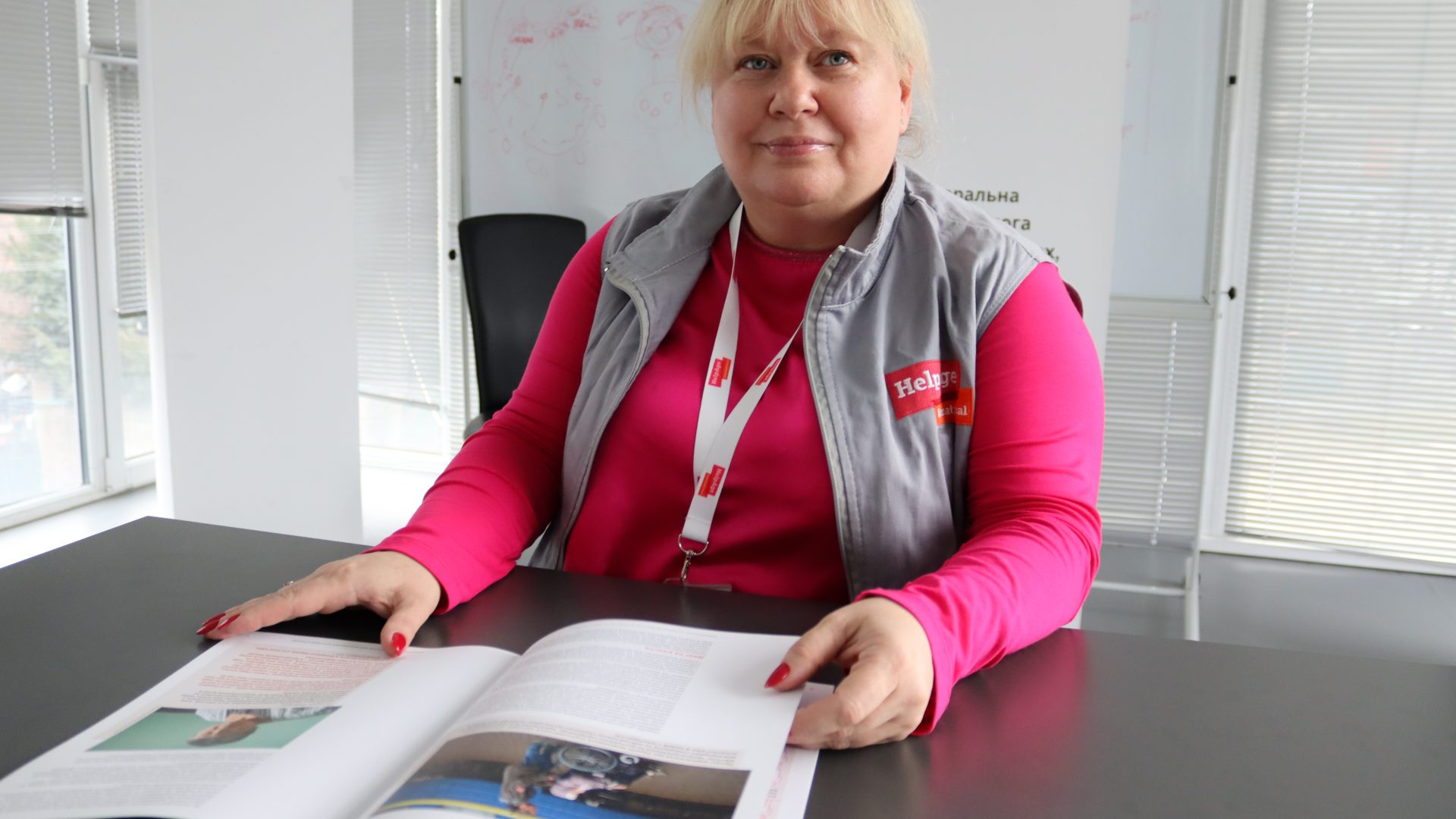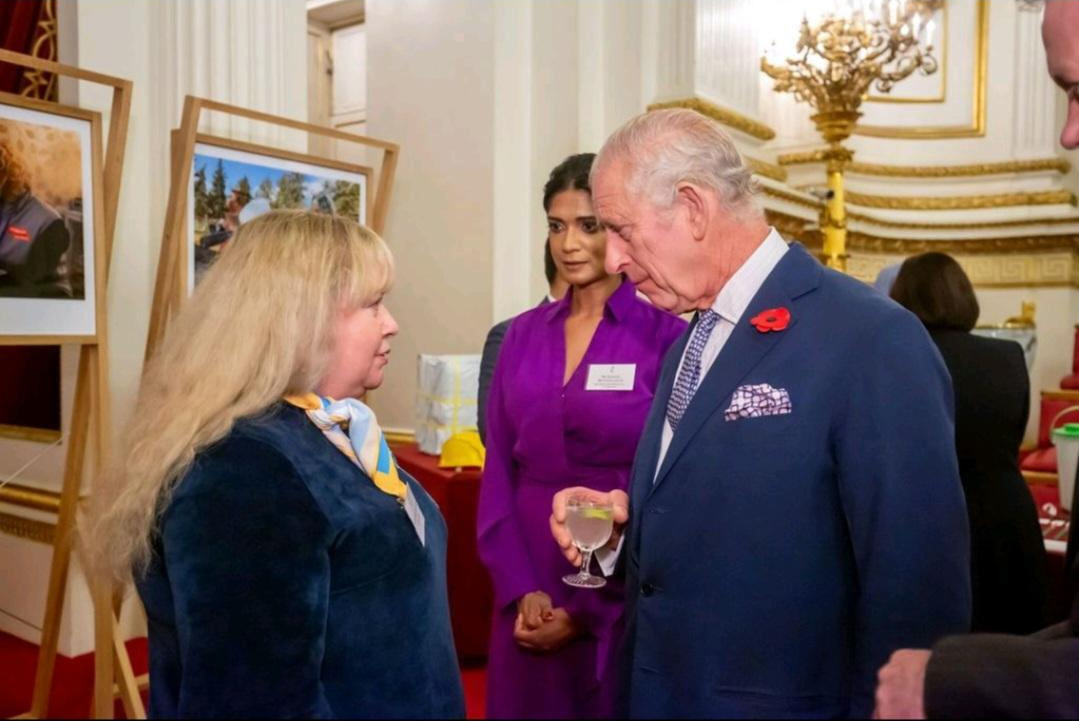The early days
“24 February – the anniversary of the full-scale invasion is difficult for all Ukrainians. But many have been living with the war for much longer.
I am one of those people. For me it all started in my native town of Sloviansk in 2014. There was shelling, there were displaced people and people who stayed in their homes. I was not planning to leave – I sent my daughter to safety and decided to hold down the fort. That is, until mortar shells rained down on me and my friend on the street one day.
I was shellshocked the whole day after that, lethargic, numb, and physically unable to get out of bed. Friends and family insisted I get to safety.
And that is perhaps the beginning of my current life. Although, at the time, I didn’t know just how many more storms I would have to withstand.
A new chapter
In 2014 my daughter and I found safety in Svyatohirsk – a small town in the same region, home to a breathtaking monastery – a place where I spent many hours praying for peace and guidance. It was also a town that received the number of displaced people four times its population. That, I think, was my guidance.
Confident that I had all I held dear already with me – my daughter and a bag of documents – I decided I could do something for others. I didn’t have much else, just my savings. As most people didn’t even have that, applying for allowance or assistance felt wrong.
What I also had was the belief that I could change the world.
After meeting with a few friends and contacts, I brought together 60 volunteers to help the displaced persons in Svyatohirsk. Soon, I established an organisation that continues supporting people in eastern Ukraine to this day. Through this work, I met amazing people and partners inspired to make a difference. Perhaps more importantly, this is how I met HelpAge.
At the time, we were helping older people living near what we used to refer to as the “contact line.” I saw unspeakable misery, isolation, loneliness in their eyes – something that much of the world was tragically unaware of.


